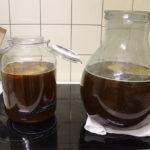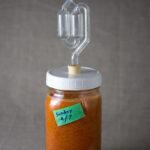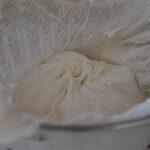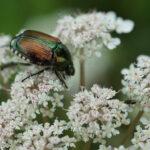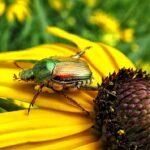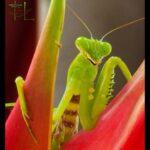Aphids, also known as plant lice, are small, sap-sucking insects that can be a major pest problem for gardeners and farmers. These tiny insects feed on the sap of plants, which can cause wilting, yellowing, and even death of the plant. In addition to the damage they cause to plants, aphids also produce a sticky substance known as honeydew, which can attract ants and promote the growth of sooty mold.
Controlling Aphids
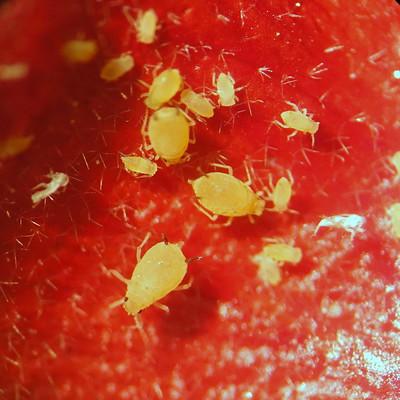
Aphids come in a variety of colors, including green, yellow, black, and even pink. They have a soft body and range in size from 1 to 10 millimeters. They can be found on a wide range of plants, including vegetables, fruits, flowers, and ornamental plants.
One of the most common ways that aphids are spread is through the use of infested plant material. For example, if a gardener purchases a plant that is already infested with aphids, the insects can quickly spread to other plants in the garden. In addition, aphids can also spread through the air, which is why they can often be found on plants that are not in direct contact with infested plants.
There are several methods for controlling aphids. One of the most effective methods is to use insecticidal soap or horticultural oil. These products work by suffocating the aphids, and they are safe for use on most plants. Another effective method is to use a strong stream of water to blast the aphids off of the plants.
In addition to these methods, there are also several natural predators that can help control aphids. Ladybugs, lacewings, and hoverflies are all known to feed on aphids. Encouraging these natural predators in your garden can be an effective way to control aphids without the use of chemicals.
Finally, it’s important to keep an eye out for the signs of an aphid infestation, such as wilted or yellowed leaves, and take action as soon as possible. By staying vigilant and using a combination of control methods, gardeners and farmers can effectively manage aphid populations and protect their plants.
Keywords: controlling aphids, tips to controlling aphids, controlling aphids in the garden, guide to controlling aphids
Check out Little Tree Food Forest for articles on food forests and homesteading.
Check out StoryScapes for articles on creative writing.


